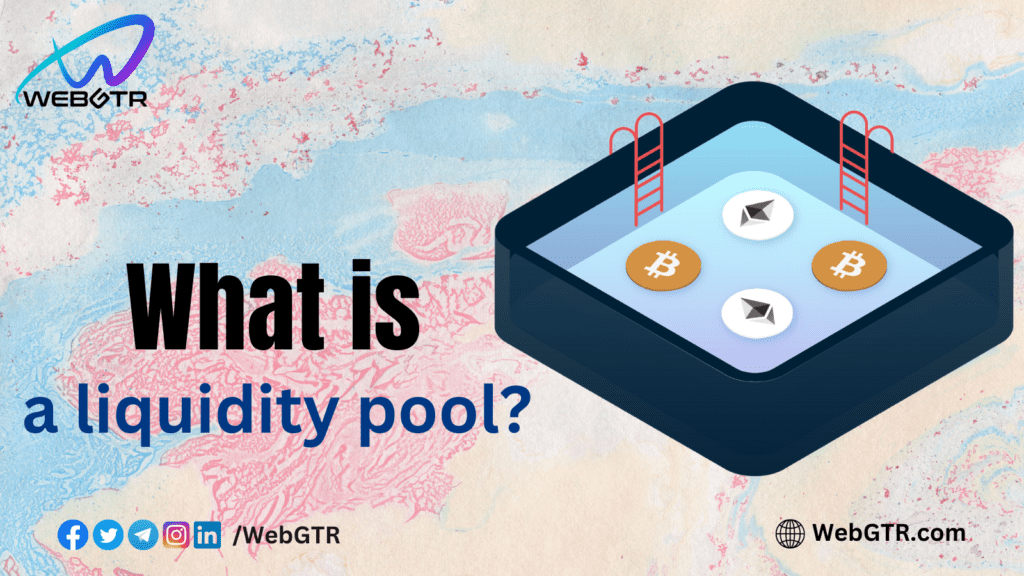
Liquidity providers (LPs) play a crucial role in the functioning of decentralized exchanges (DEXs) by adding funds to liquidity pools. These liquidity pools act as reservoirs of funds that traders can utilize for their transactions. LPs contribute to these pools by depositing an equivalent value of two tokens, typically in a balanced ratio. For instance, in the ETH/DAI pool on Uniswap, LPs would deposit 50% ETH and 50% DAI.
By providing liquidity to the protocol, LPs earn fees from the trades executed within their respective pools. In the case of Uniswap, a fee of 0.3% is charged to traders, and this fee is distributed directly to the LPs as their reward. Other DEX platforms or forks may employ varying fee structures to incentivize more LPs to participate in their liquidity pools.
Adding funds to a liquidity pool is relatively straightforward, with the specific rewards determined by the protocol itself. LPs contribute their assets to the pool and, in return, gain exposure to trading fees generated by the transactions happening within the pool. These fees serve as a compensation mechanism for LPs, incentivizing them to provide liquidity and ensure the smooth functioning of the decentralized exchange.
Overall, LPs play a vital role in fostering liquidity and facilitating efficient trading on DEXs. Their participation helps to ensure a healthy ecosystem where traders can easily execute transactions, while LPs earn rewards for their contributions to the liquidity pools.
Looking for Blockchain Development, NFTs, Website Design, Token Creation, or Other services? Reach out to us at WebGTR. Let’s discuss and bring your vision to life.
Website | Twitter | Instagram | Telegram Official Group | WhatsApp


Leave a Reply